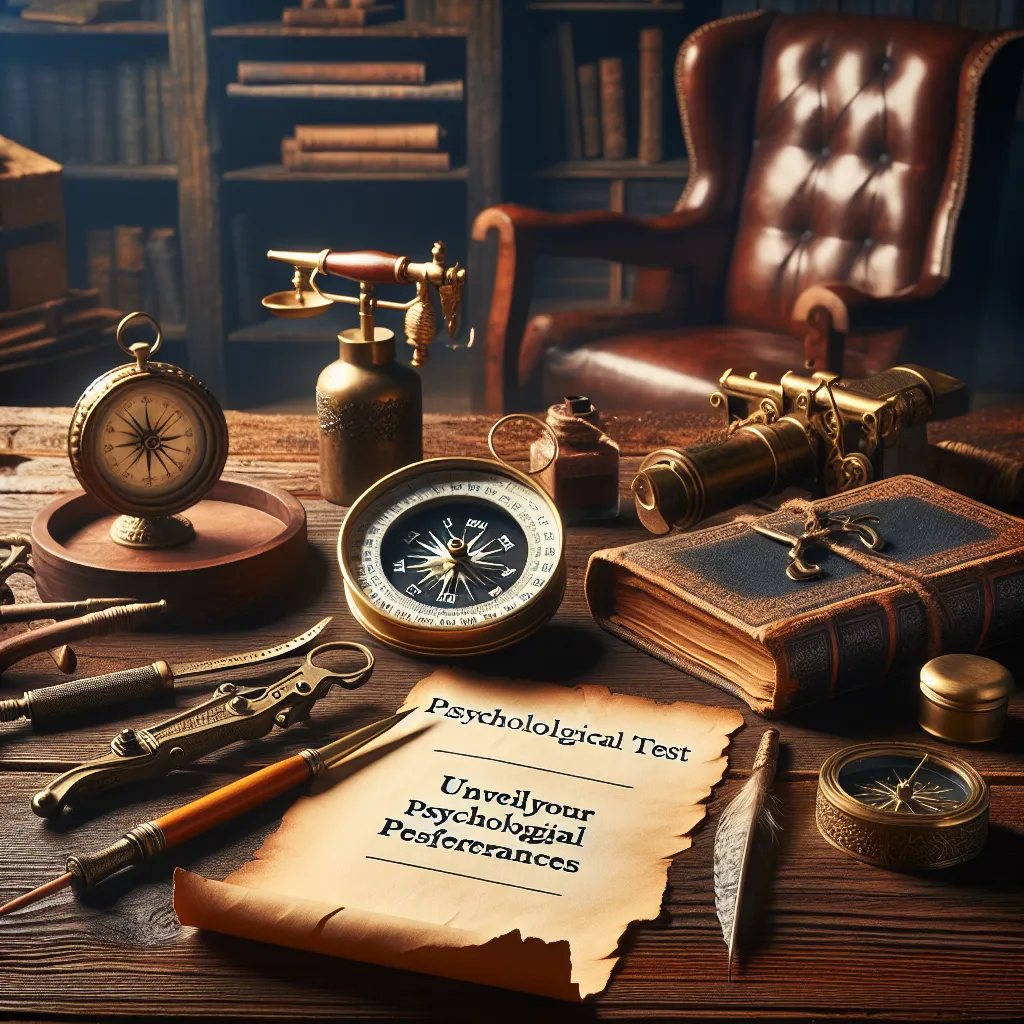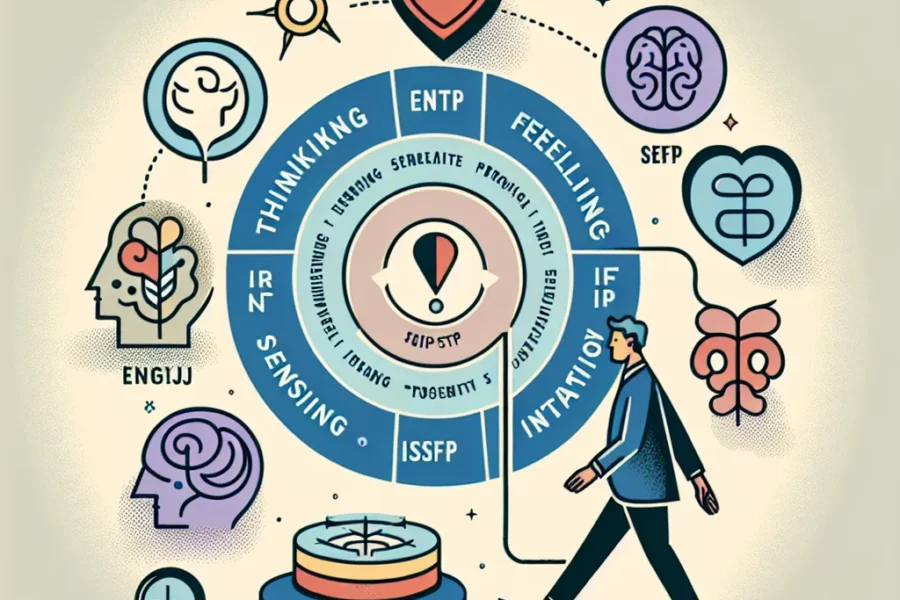In today’s ever-evolving digital landscape, individuals are more drawn than ever to tools that can offer insight into their personal growth and self-understanding. Among such tools, personality tests have gained vast popularity, providing valuable insights into one’s psychological makeup. One such resource is precisionpersonality.online – an incredibly accurate and free personality test that has captivated the interest of self-explorers across the globe. While this serves as a general gateway into the realm of personal assessment, this article aims to shed light on the Free Jung Test, a specific method for unveiling your psychological preferences.
Carl Gustav Jung, a Swiss psychiatrist and psychoanalyst who founded analytical psychology, proposed the theory of psychological types. It’s through his pioneering work that we are given a framework to understand the intricate patterns of behavior that constitute personality. The Jung Test, grounded in his psychological type theory, hinges on identifying various cognitive functions such as thinking, feeling, sensation, and intuition, which are either directed outwardly (extraversion) or inwardly (introversion).
What makes a Free Jung Test particularly intriguing is the opportunity it presents to delve into the self without financial investment, opening doors to personal exploration that everyone can walk through. For those eager to peel back the layers of their psyche, the Free Jung Test stands as a beacon, offering insights that can lead to enhanced self-awareness, better interpersonal relationships, and more strategic career planning.
The test typically encompasses a series of questions that measure how you perceive the world and make decisions. The outcomes categorize individuals into different psychological types, providing a mirror to their habitual patterns of behavior, thoughts, and emotional responses. It might be tempting to breeze through the questions, but accuracy is key when it comes to these tests – thoughtful, honest responses ensure that you receive the most accurate feedback.
Why would one consider taking a Free Jung Test? Beyond mere curiosity, the motivation often lies in the desire for self-improvement. Understanding your psychological preferences can be particularly beneficial for personal development. For instance, if you discover that you have a propensity for introversion, you might decide to push yourself in social situations to strike a better balance. Alternatively, if you find out that your decision-making is predominantly feeling-oriented, you might choose to focus on developing your analytical skills to foster a more well-rounded approach to problem resolution.
However, it’s important to recognize that no test can fully encapsulate the complexity of human personality. The Free Jung Test should be considered a starting point on a journey of self-discovery rather than an end-all diagnostic tool. The real value comes from reflecting on the results and using them as a springboard for further investigation into one’s psyche.
Employers and organizations can also harness the insights provided by the Free Jung Test to enhance team dynamics. Understanding the psychological preferences of team members can lead to more effective communication, conflict resolution, and distribution of tasks according to each member’s natural strengths and inclinations.
As you seek out a Free Jung Test, caution is advisable to ensure that you’re using a reputable and well-constructed tool. Many online tests claim to measure psychological types but fall short of validity and reliability. Always look for platforms that provide an adequate explanation of the methodology, detail the theory behind the questions, and offer comprehensive results.
Once you’ve taken the test and received your results, the interpretation phase begins. You may find yourself classified within one of several psychological types, each revealing unique characteristics and potential growth areas. For example, one might be described as an “Introverted Thinker,” marked by a quiet and analytical approach to life, or an “Extraverted Feeler,” known for their sociable and empathetic demeanor.
While these categories provide a snapshot, they do not confine or define you. Your personal experiences, culture, upbringing, and life events contribute to your personality in ways that a test cannot measure. Self-awareness is a layered and nuanced journey, and the Free Jung Test can illuminate parts of the path but cannot account for the entire voyage.
As you interpret your results, do so with a blend of openness and skepticism. Use the insights as clues rather than conclusions. Engage in discussions with peers or seek the guidance of a professional who can help contextualize your findings within the broader narrative of your life.
The key to benefiting from a Free Jung Test is the willingness to engage in self-reflection after taking the test. Reflection might involve journaling, meditation, or engaging in deep conversations. This process is as personal as the results themselves, with no one-size-fits-all approach to understanding one’s psychological landscape.
Finally, remember that true self-discovery is a continual process that doesn’t end with a test result. It encompasses lifelong learning, personal experiences, and the evolution of your beliefs and values over time. The Free Jung Test is merely a tool in this extensive process – a compass that helps point you in the direction of self-awareness and personal growth.
In conclusion, the Free Jung Test offers a glimpse into the fascinating world of psychological preferences. By assessing how we engage with the world and make decisions, it opens the door to greater self-understanding and development. Whether you’re looking to improve personally or professionally, or simply curious about the makeup of your personality, a Free Jung Test can be a valuable starting point on your journey. However, as with any exploration of the self, it is essential to approach the results with a thoughtful and reflective mindset, incorporating them into a broader context of lifelong learning and growth.



Leave a Comment